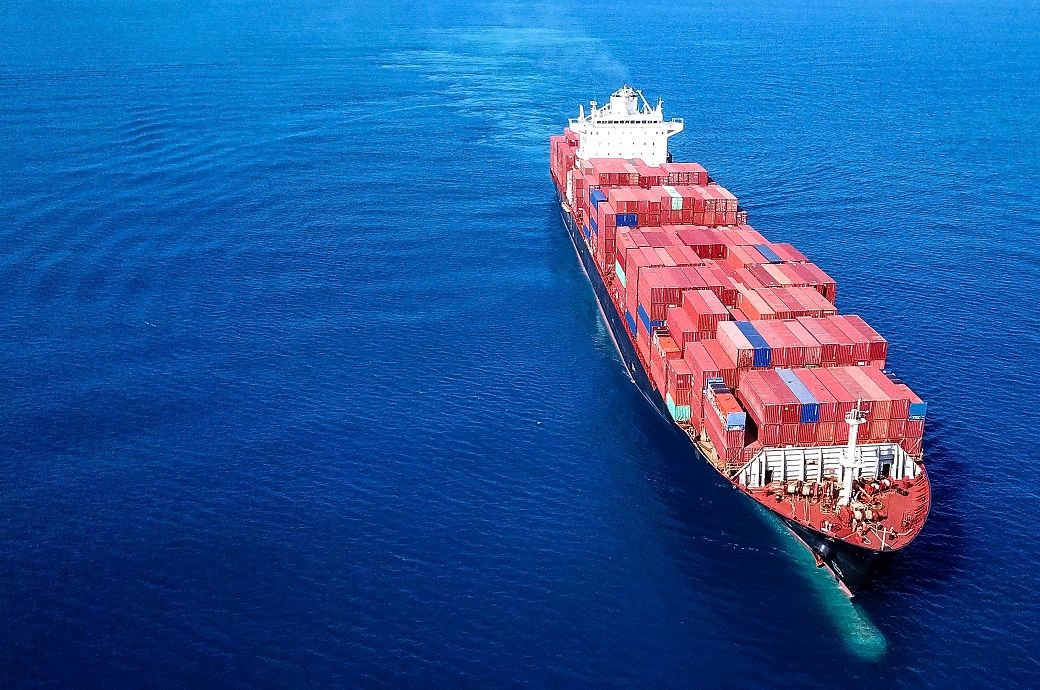
The organisations commissioned a study by Trade Partnership Worldwide LLC, which revealed that the proposed measures by the USTR could significantly impact both import and export prices, leading to widespread negative economic consequences.
The study highlighted that imports and exports would decline due to increased costs from fees and the mandate to use more expensive US-built, US-owned, and US-operated ships. It noted that while the potential negative impacts on US agriculture might draw the most attention, other sectors, including retail, would also be affected. As higher costs ripple through the economy, wholesale and retail trade sectors, including stores and restaurants, could face drops in sales and employment.
“As a result, US businesses and consumers will take the brunt of these service charges and be forced to bear increased costs for a wide array of commodities with little to no alternatives as many, if not all, of the leading ocean carriers capable of meeting US shipping needs use Chinese-built vessels in their fleets,” NRF and RILA said in a joint submission to USTR.
The joint letter outlined the concerns of retailers about the port service fee being passed along to cargo owners at a significant cost. The concerns also include carriers changing their rotations to avoid the fees by cutting out smaller ports and overwhelming larger ports, causing congestion and other supply chain challenges.
One retailer expressed concern that the combined impact of China and reciprocal tariffs, the new aluminium and steel derivative tariffs, and the China-ship fee could place significant pressure on US retailers. They pointed out that in sectors already facing challenges due to current economic and housing market conditions—such as furniture and home improvements—the proposed fees could nearly double the cost of importing certain items, like cast aluminium outdoor furniture, NRF said in a press release.
“We encourage the administration to continue to investigate the barriers and limitations on U.S. shipbuilding and to seek other means to help revitalise the industry, without burdening those who rely upon it,” said David French, NRF’s executive vice president of government relations.
“The goal of revitalising the American shipbuilding industry is laudable; however, these new fees will have ripple effects across the US economy. If enacted, these policies will disrupt the flow of commerce, add regulatory burdens and increase costs on American manufacturers and consumers. RILA looks forward to collaborating with the administration on ways to revitalise the US shipping industry while minimising disruptions to competitiveness, businesses and consumers,” said Michael Hanson, RILA’s senior executive vice president of public affairs.
ALCHEMPro News Desk (SG)
Receive daily prices and market insights straight to your inbox. Subscribe to AlchemPro Weekly!